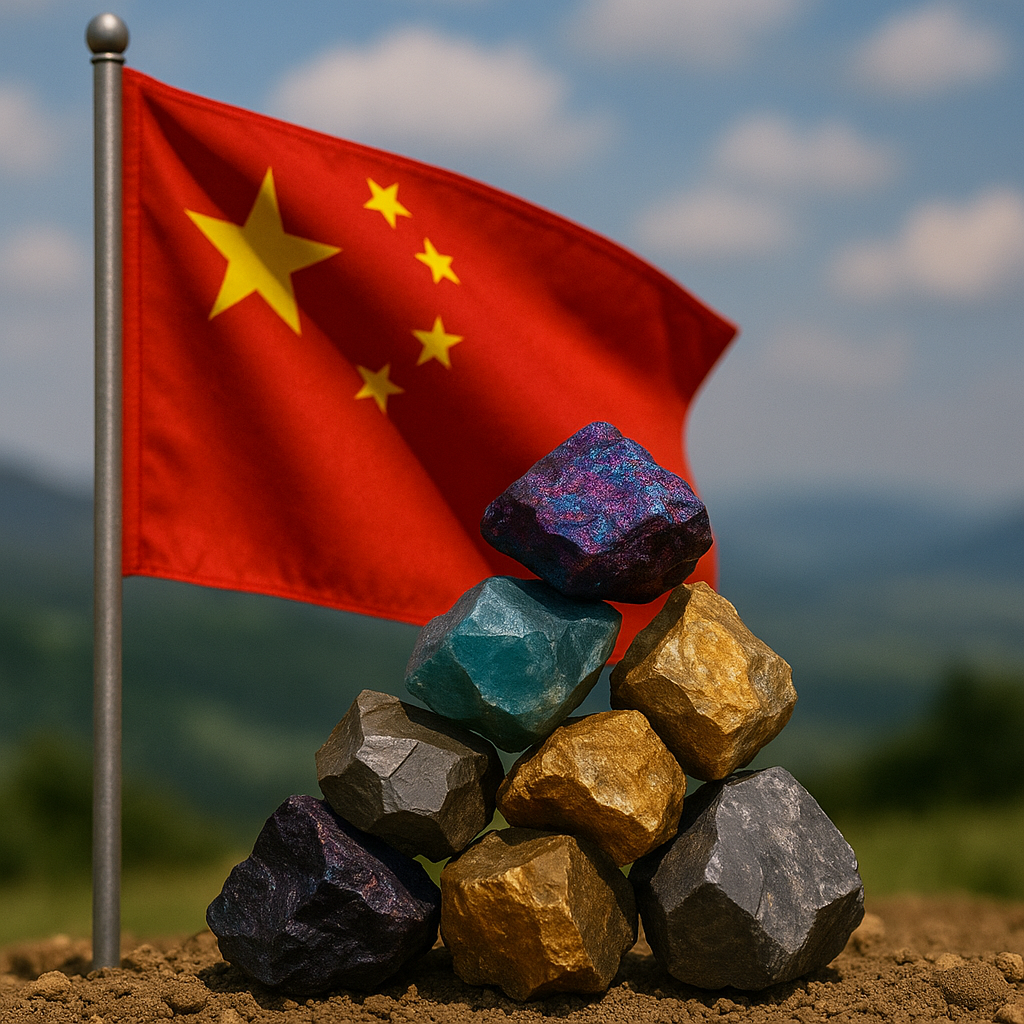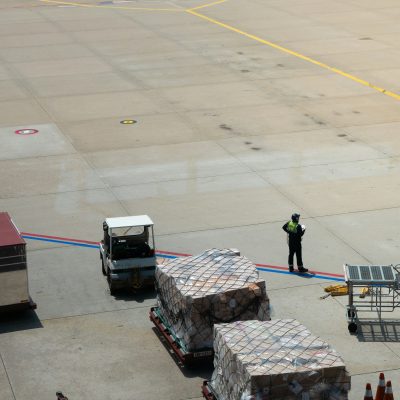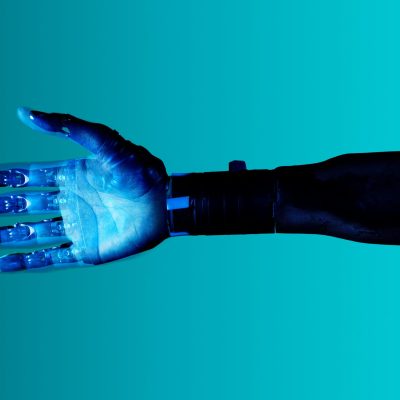Réduire la dépendance de l’UE aux importations chinoises de terres rares et autres minerais stratégiques
Cet article est extrait du rapport Construire l’autonomie stratégique de l’Europe face à la Chine publié en décembre 2021 par le groupe de travail UE-Chine.

Les nouvelles technologies consomment beaucoup de terres rares et autres minerais stratégiques qui sont quasiment exclusivement importés de Chine. Voilà en effet trente ans que l’UE, comme les États-Unis et le Japon, ont abandonné la production de ces minerais à la Chine. Cette dépendance aux importations rend les Européens d’autant plus vulnérables qu’au-delà du secteur de la défense et de l’espace, la double transition numérique et verte de leur économie exige des technologies qui consomment une quantité et un nombre toujours plus importants de ces minerais.
Pour sa part, la Chine, qui s’est engagée dans une course au leadership technologique avec un objectif d’autosuffisance des capacités de production, dispose désormais d’un levier décisif sur ses concurrents si elle décidait de restreindre ses exportations. Assurer l’autonomie stratégique des Européens dans un contexte géopolitique devenu plus conflictuel, appelle à réduire cette dépendance tout en sécurisant les approvisionnements de minerais critiques par un dialogue pragmatique avec la Chine sur sa propre dépendance à certaines importations européennes, en particulier de matières premières agricoles et biens alimentaires.




